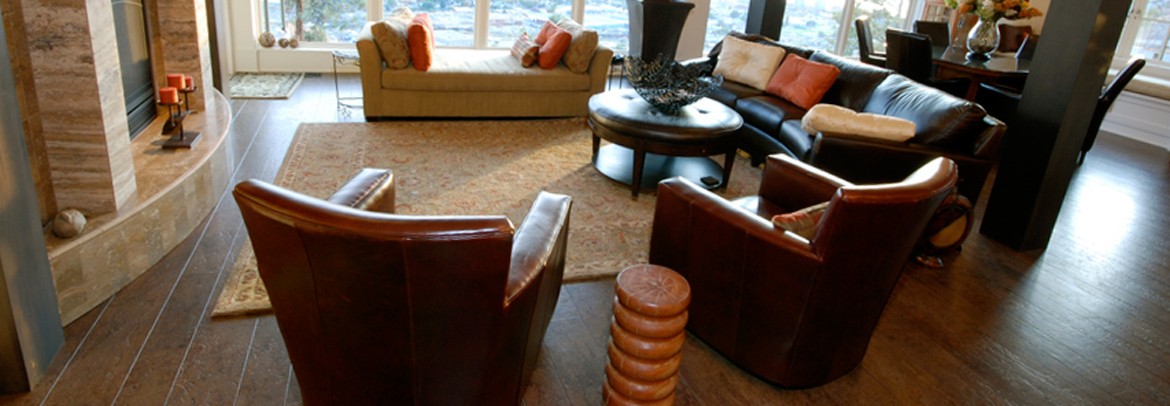Cork is made from the bark of the Portuguese cork oak tree, the 'Quercus suber'. The cork oak which grows only in the semi-arid climate of the Mediterranean is carefully protected by governments of the region.
The life span of the cork oak tree is approximately 150-200 years. Only the bark of the tree is harvested for use every 9 years.
The cork remains purely natural. As a result, a cork floor has all the insulating and resilient properties of natural cork.
The bark strips take a year to 'season'. Once seasoned they are processed, dried and selected according to quality. The thickest pieces are used to produce wine corks. The remainder is processed into colourful veneers or ground in to granules. These granules are pressed in to blocks and heated. The heating process releases natural resins that solidify and cause the granulated cork to bind together. No harmful materials are used.
So cork floors don’t use up forests, or harm the environment. They aren’t made from toxic chemicals, and don’t emit harmful fumes.


